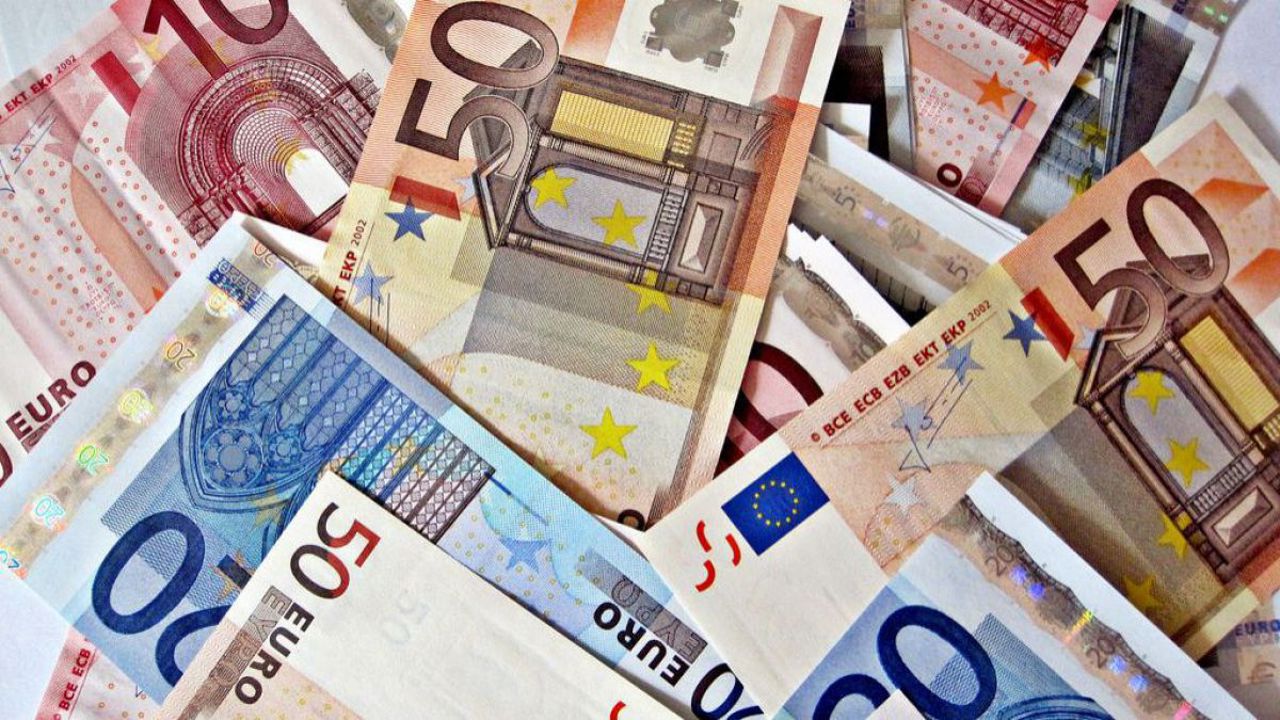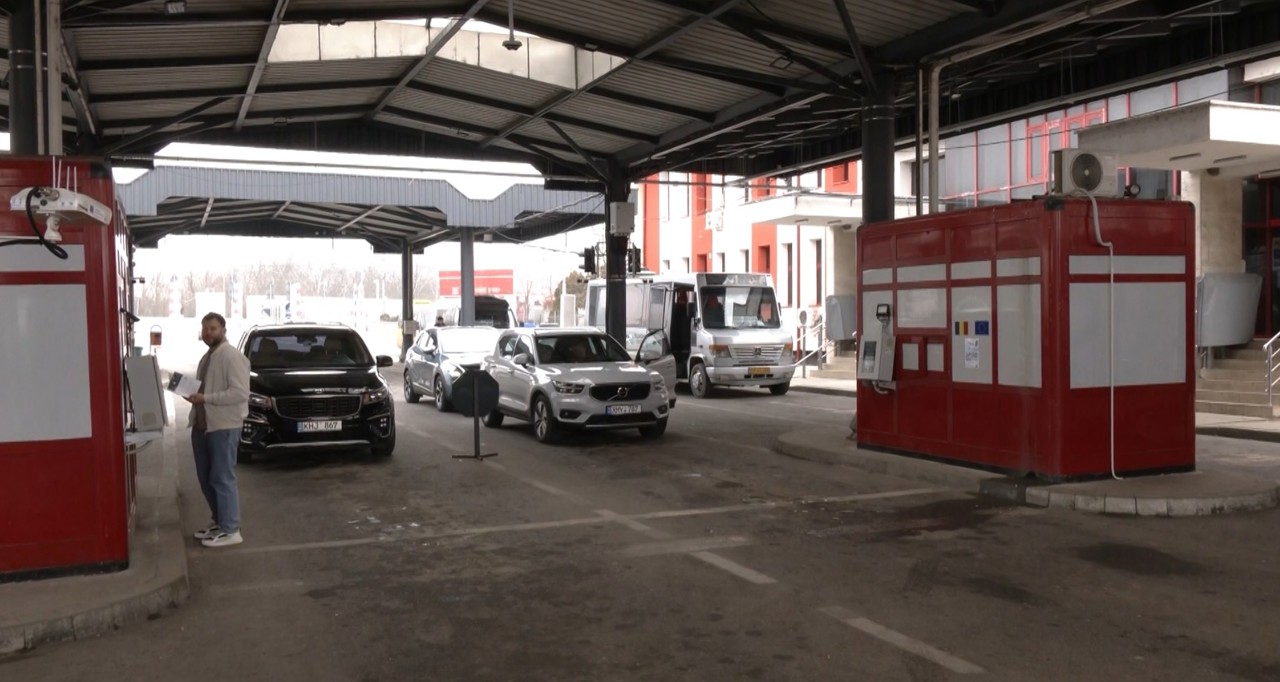Moldova adopts euro as reference currency for leu exchange rate
Starting from January 2, 2025, the euro will serve as the reference currency for determining the official exchange rate of the Moldovan leu, replacing the US dollar.

This decision reflects the Republic of Moldova's economic orientation toward the European Union market, which plays a dominant role in the country’s trade and financial structure, according to Anca Dragu, Governor of the National Bank of Moldova, speaking on the "În context" program on Moldova 1. She explained that this change will reduce fluctuations in the Moldovan leu against the euro and narrow the gap between the buying and selling exchange rates for the euro.
The shift to the euro as the reference currency for foreign exchange interventions and the National Bank’s reserves will primarily result in savings, the Governor added. Our estimates suggest that over 10 million euros could be saved in currency exchanges. This means that the National Bank’s interventions in the market will be conducted in euros, which will increase liquidity in euros and shrink the margin between the buying and selling rates by 70 bani. As a result, currency exchanges will become cheaper.
Anca Dragu argued that adopting the euro as the reference currency is necessary to align a country’s reserves, interventions, and liquidity with its trade and currency exchanges. Around 60-70% of Moldova's trade and currency exchanges are directed toward the European Union and conducted in euros, which is why the National Bank must hold reserves and conduct interventions in euros.
President Maia Sandu welcomed the National Bank of Moldova’s decision to adopt the euro as the reference currency for determining the official exchange rate of the Moldovan leu. She stated, "This decision will bring more clarity and stability to Moldovan companies exporting to the European market. Currency exchange costs will decrease, and businesses will be able to plan investments and trade transactions with greater confidence."
"Adopting the euro as a reference currency is not merely a technical measure; it is also a symbol of our economic integration into the European Union. It is a decisive step toward a more stable, predictable, and attractive economy for trade and foreign investment,” concluded Maia Sandu.
The main advantage of this decision is that the National Bank will have fast, direct levers to intervene in the exchange rate, and both citizens and businesses will benefit from reduced fluctuations, as previously stated by Stanislav Ghilețchi, Deputy Director of the Institute for European Policies and Reforms (IPRE) in an interview with Teleradio-Moldova. "At this stage, I don’t foresee any negative impact. On the contrary, given the higher demand for euros and the National Bank’s direct intervention lever, this will reduce both the time and speed of interventions."
This will help both businesses and citizens benefit from a more stable exchange rate, and for companies involved in import-export operations with the European Union, exchange rate stability is crucial,” said Stanislav Ghilețchi. Additionally, he noted that as a result of this decision, Moldova’s exports to the European market will grow.
Translation by Iurie Tataru





